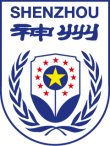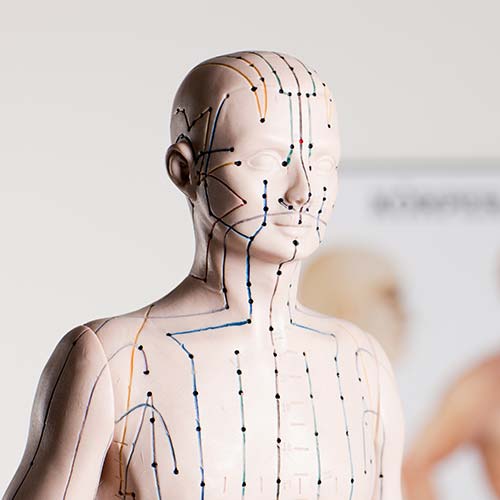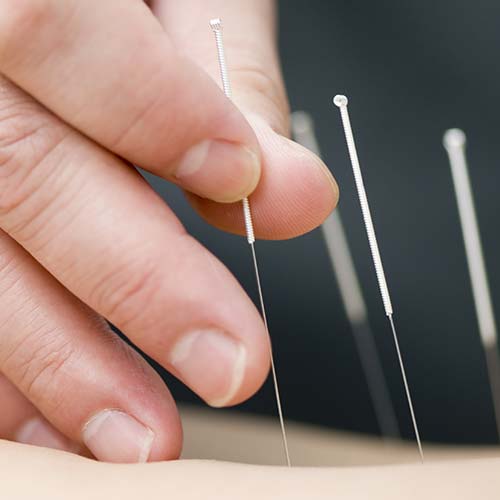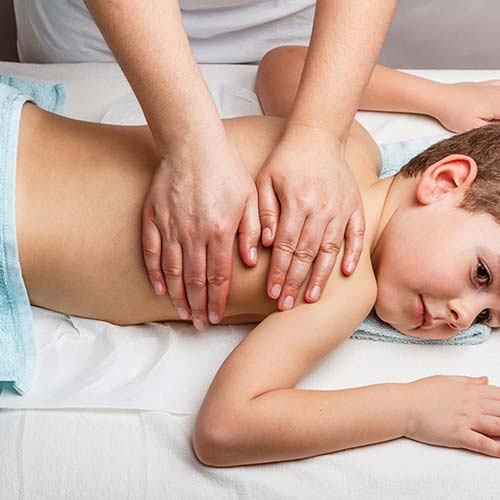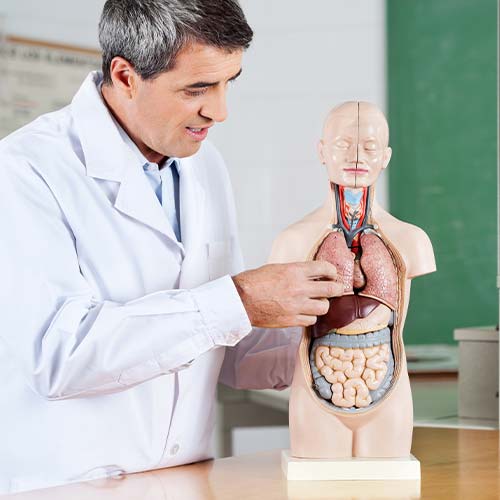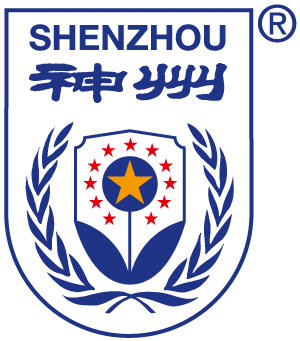This complaints regulation applies to all courses and refresher courses of Shenzhou Open University or TCM (SOU). Registration of the complaints and the process of handling are registered and stored for at least a period of 2 years after tendering.
1. Shenzhou Open University of TCM (SOU)
Shenzhou Open University of TCM is part of CMC Tasly Group BV, Director ZL Dong. The program offers vocational training and continuing education in the field of TCM which are accredited by SNRO ans the professional field. It also provides training courses and postgraduate and continuing education in the field of medical knowledge (MBK) on a high professional level, which is approved by CPION and SNRO, meeting the current requirements of PLATO. SOU has the objective to deliver well educated and trained therapists in the field of traditional Chinese Medicine. To achieve this, the school constantly monitors the professional level of its courses, evaluates and, when necessary, improves the level. The courses are formed according to the high standards of SOU and according to the standard of the professional associations to guarantee future continuous accreditation. It also meets the requirements set by the insurers.
2. Complaints
Complaints may relate to issues such as
- The level of the education
- Way of teaching/didactics
- Apprenticeship mentoring
- Administrative/organizational
- Fellow students
- Sexual intimidation
3. Representatives
The management of SOU designated the dean and the study coordinator as representative(s). They are logically the first points of contact due to their more intensive contact with the students. If a complaint can’t be resolved by the representatives, and in terms of size and responsibility beyond their ability, then the Director is the ultimate decision maker. The Director shall in that case take the ultimate responsibility and make a decision. If the student does not agree with the decision, he / she may submit a written request with the complaint to be forwarded by the school to an external, independent mediator. External Independent mediator: Ye Tian
4. Confidentiality
A complaint submitted in writing or a verbal complaint will always be regarded as Confidential. No information regarding the student and the complaint will be discussed with another person, with the exception of the representatives of the school, the Director and, if forwarded, to the external mediator.
5. Verbal complaint (s):
If a student has a complaint or complaints relating to the education, the related training in the clinic or in respect of a person or persons who work(s) at the education institute either freelance or in employment the student can initially verbally inform the dean and / or the study coordinator of the school. Where possible, the dean and the study coordinator shall consult together to resolve the complaint, or complaints. The addressee will review the complaint and, if found to be justified, he / she will work to resolve the complaint or to solve it. If a complaint is found unjustified this will be communicated, along with the reason(s), to the student. SOU takes every complaint seriously and tries to solve it satisfactorily in an early stage. If the complaint relates to one of the representatives, then in that case the other person can be informed as the other representative. Complaints about fellow students are, if they do not directly affect the level, the atmosphere and conduct of the course, in principle referred back to the students themselves to discuss the problem with each other. In case direct contact between the two participants is not possible then SOU may possibly play a role in this.
Sexual harassment:
During class and mentoring in clinic, the teachers and supervisors are expected to conduct themselves professionally and properly. Also from the students is a professional, correct attitude and polite behavior towards patients, teachers, supervisors, other staff and fellow students expected. During the training physical examination and needle techniques will be held in a class setting so that it forms an open and transparent part of the course and is not susceptible to a different interpretation. During the internship, the student is always accompanying the attending physician. If the student nevertheless believes that there is sexual harassment he / she may inform the dean and / or the study coordinator. Since sexual harassment is a serious complaint, the dean and / or the study coordinator will notify the director immediately. The director shall, if the complaint relates to one of its employees, handle the information carefully and investigate for accuracy. If the complaint is evaluated as true, the director will take action. In case of sexual harassment by a fellow student, the complaint will be investigated and there will also be searched for a solution. This can be a disciplinary measure.
6. Written complaint (s):
If a student submits a complaint or complaints as described above in writing, this is in the first instance viewed by the Dean and / or the study coordinator and evaluated. A complaint submitted in writing will always be answered by means of a written response from SOU. SOU will endeavor to satisfactorily resolve the complaint / complaints. If the nature of the complaint or complaints, is beyond the competence and authority of the designated contact points, the writing of the student will be passed on to the director. The director takes the responsibility and makes the final decision. If the student doesn’t agree with the decision, he / she may submit a written request to be forwarded by the school to an external, independent mediator with the complaint (see point 3).
7. Assessment
The complaint or complaints is / are assessed on the basis of objectivity. Every complaint is objectively assessed on the basis of the same standards. Assessors must be able to motivate their assessment. The assessment must be consistent and in accordance with the evaluation criteria. The student will be informed about the assessment of the complaint, and if possible, the solution by the Dean and / or study coordinator. If a student disagrees with the assessment, this can be done by submitting a letter to make this known to the director and ask the complaint to be judged by an external independent mediator (see point 3). The external independent mediator assesses the complaint and gives its findings and makes a decision for both parties.
8. Term(s) complaints handling
SOU strives at all times to handle a complaint or complaints as quickly as possible.
In the case of both oral and written complaints, SOU will send a confirmation of receipt within a period of 2 weeks. SOU sets a reasonable period of time for assessment and/or settlement at 4 weeks. If a longer period of time is required to conduct the research, the participant will be notified of this within the period of 4 weeks, with an explanation of the postponement; moreover, an indication is given when SOU expects to be able to provide a definitive answer, with a maximum of a second term of 4 weeks.
Extreme and/or complicated complaints are an exception to this.
9. Appeal
If a student disagrees with the assessment and handling of his / her complaint, then it’s possible, as previously described, to have the complaint assessed by the external independent mediator (see point 3). The external independent mediator assesses the complaint through its findings and makes a decision for both parties. The school has to accept the decision made by the external mediator. But if the student disagrees with the decision of the external mediator, he / she can appeal against it.
